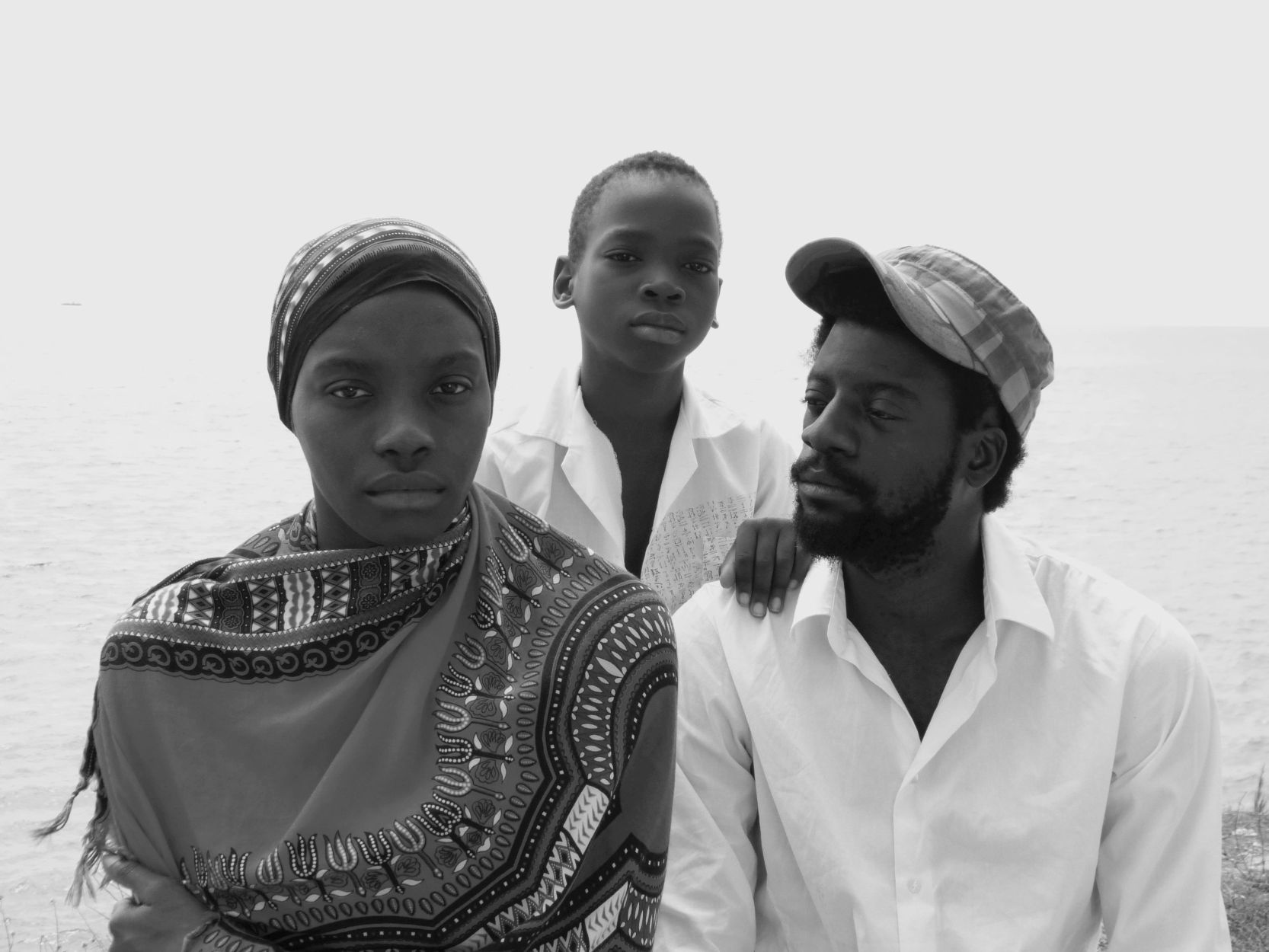Portugal, Film, 2018
João
Viana

João Viana’s films are poetic, at times surreal image composites that often deal with Africa’s postcolonial present. The filmmaker was born in 1966 in the then Portuguese colony of Angola. After completing law school at the University of Coimbra, he studied film in Porto. Since then, he has worked in various roles with renowned filmmakers such as Werner Schroeter, Manoel de Oliveira, José Alvaro, Rob Rombout, and Filipe Rocha.
In 2007, for instance, he wrote Olhos Vermelhos for Paulo Rocha, which won the ICA’s first prize. In 2018, as he did in 2013, he will present two films at the Berlinale: the thirteen-minute short Madness in the short film competition, and the ninety-minute feature film, Our Madness, in the Forum.
He realized his first short film A Piscina (The Pool, 2004) together with Iana Viana in 2004. It was presented in Venice and has to date, according to press reports, received the most awards ever for a Portuguese short film. His next short film, Alfa Ma (2010), was screened at over fifty international festivals and has received ten awards. In 2013, he debuted his first feature-length film, A Batalha de Tabatô (The Battle of Tabatô), alongside which he also presented the short-film version, Tabatô. Set in present-day Guinea-Bissau, the long version of the story on the ghosts of the former civil war was shown in the Berlinale Forum. It received a special mention by the competition jury there. The short film was awarded the DAAD Short Film Prize. A Batalha de Tabatô was screened in movie theaters in Germany, France, and Belgium and received additional awards worldwide. João Viana is also one of the editors of the ten-volume encyclopedia Dicionário de Cinema Iberoamericano.
Critics compared the elegance of João Viana’s black and white image compositions with Jean-Luc Godard or the early Jim Jarmusch. But magical realism is combined in João Viana’s films with an observant, documentary approach. For the more than five-year filming of A Batalha de Tabatô (2013) in Guinea-Bissau, the director set out with only a three-member team and no script. Authenticity does not necessarily mean naturalism for João Viana: for example, music plays a major role in the film and the actual village of Tabatô is known for its musicians. João Viana recorded many hours of music there on site. In his feature-film debut, however, he opted for a rather minimalist use of music, which he had a composer in Portugal create for the film.
In A Batalha de Tabatô, documentary elements are combined with poetic, artistic devices to form a haunting narrative. The shadows of the Portuguese colonial war, for example, abruptly cast the otherwise black-and-white tableaux in the color of blood at the film’s showdown. Well-known musicians play themselves and fight a musical battle against the trauma with their instruments. The mental anguish is embodied in the figure of the former soldier Baiu, who returns from exile after thirty years to celebrate his daughter Fatu’s wedding with Idrissa, a well-known musician. The old man carries with him the relics of the war not only in his rolling suitcase. Once, when children threaten him with toy weapons, he wets himself. But even the young people in Guinea-Bissau suffer: every year a new coup resets their daily life back to zero.
From his latest feature film Our Madness (2018), João Viana also produced a short version in parallel again, Madness. Both will be presented at the Berlinale in 2018: Madness screens in the short-film competition and Our Madness in the Forum. Both films revolve around the effects of the past in present-day Mozambique: in a psychiatric clinic there, Ernania dreams of her little son, Hanic, and her husband, the soldier Pak. In her dreams, an unusual instrument accompanies her: her hospital bed. Ernania’s musicality attracts the attention of one of the nurses. One day, Ernania’s song plays on the radio. The evangelical radio priest Rosa then visits the hospital to hear Ernania live. But she uses this opportunity to escape.
In elegant black-and-white imagery, the short film Alfa Ma (2010) tells a story of guilt and dark secrets; but this time only on a personal level: a young woman boards a high-speed train with her lover. While the two are teasing and caressing, her husband also gets on board with their son. Unstoppable as the train they find themselves on, the woman also moves back and forth between the two men.
In A Piscina (2004), a swampy outdoor swimming pool serves João Viana as a symbol for life’s paradoxes: “In the same way we measure our lives exactly once from birth to end, we also cross the space of a public swimming pool.” In sixteen hypnotic minutes, allegorical figures encounter one another in a nearly drained swimming pool.
In Berlin, João Viana will be working on a short and a long version of a film on the Cuanza River. The river starts and flows through Angola. Along the river, the Angolan-born director also tells the country’s history.
Text: Maike Wetzel
Translation: Erik Smith
2018: Our Madness
(short film, color, 90’)
2018: Madness
(short film, HD, color, 13’)
2013: A Batalha de Tabatô
(feature film, black/white, 83’)
2013: Tabatô
(short film, black/white, 16’)
2010: Alfa Ma
(short film, black/white, 15’)
2004: A Piscina
(short film, color, 12’)


